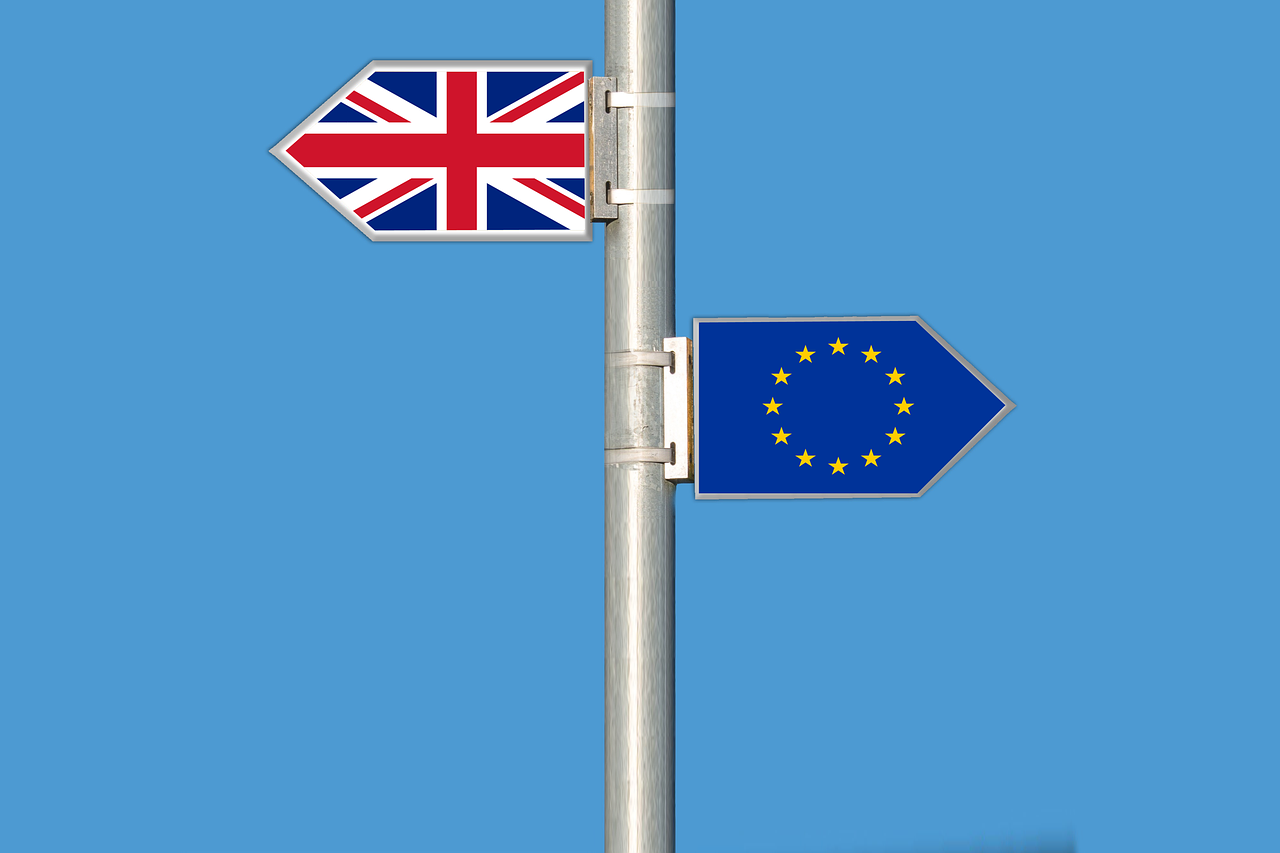Last Updated on: 22nd November 2023, 12:25 am
With the government’s latest release of a number of guidance papers detailing the impact for businesses trading with the European Union in the event of a ‘no-deal’ Brexit comes more uncertainty for importers and exporters alike.
Assurances in the government plans that a no-deal Brexit is still unlikely, and that “negotiations are progressing well” do not entirely echo those claims from some Cabinet Ministers such as Liam Fox, who recently said that a no deal was the most likely outcome for Britain.
But still, import and export firms have been left somewhat in the dark about what practical measures they can take to plan for the effects of a no-deal Brexit.
Whilst the guidance papers do provide details of the fact that in the event of a no-deal Brexit, businesses will have to lodge customs declarations and potentially pay customs duty on goods imported from EU countries and that businesses ‘may wish to consider taking professional advice’, there are some omissions which do allow businesses to carry out some risk mitigation.
Whilst I would advise that any British businesses whose supply chain is dependent on trading goods with EU countries, and in particular importers, should be aware of the impact of a no-deal Brexit from the practical aspects outlined in the guidance papers, they should equally be aware of those omissions.
The most obvious of these was any reference to Authorised Economic Operators (AEO) status, which can help speed up customs processes and stands businesses in good stead whatever the outcome of the Brexit negotiations. In fact, even if the UK does negotiate a deal, AEO accreditation may be of benefit in addressing Brexit concerns.
It is not clear as to why the government did not mention AEO in the guidance papers and perhaps it comes down to a lack of resources to process a huge number of applications that could follow such widespread advice. Nevertheless, businesses should seriously consider this option if they wish to be in the best possible position next year.
AEO underpins the Customs Legislation (Union Customs Code) which will be replicated in UK law as a result of Brexit, and it is an internationally recognised quality mark indicating that a business’s role in the international supply chain is secure, and that customs controls and procedures are efficient and compliant.
On a practical level, it means that items should pass through customs as quickly as possible, avoiding delays in the supply chain being a key risk mitigation factor for business.
It also means:
● It will be quicker and easier to obtain customs simplifications
● You will be subjected to fewer physical and document checks at borders
● If you are selected at controls, you will be given priority as an AEO consignment
● You can request that a control is held at a different place
Other advantages include:
● More efficient transferring through borders
● Less risk and more effective checks on the reliability of third parties
● Potentially lower insurance premiums in the future
● More efficient import/export systems
At the very least, in the event of a no-deal scenario, businesses importing goods from the EU will be required to follow customs procedures in the same way that they currently do when importing goods from countries outside the EU. This means that for goods entering the UK from the EU, an import declaration will be required, customs checks may be carried out and any customs duties must be paid.
According to the government release, before importing goods from the EU, a business will need to:
● Register for an UK Economic Operator Registration and Identification number.
● Ensure their contracts and International Terms and Conditions of Service reflect that they are now an importer.
● Consider how they will support declarations, including whether to engage a customs broker, freight forwarder or logistics provider. Engaging a customs broker or acquiring the appropriate software and authorisations form HMRC will come at a cost.
● Decide the correct classification and value of their goods and enter this on the customs declaration.
Storing goods in customs warehousing has been presented as one method of safeguarding operations in the event of a no-deal Brexit, however, what the government also fails to mention is the fact that if everyone rushes to carry out this approach, demand will likely skyrocket. When compared to the fact there is not enough resource available, this will likely lead to delays.
I understand that currently there are more than 800 customs warehouses authorised within the UK and, even before considering Brexit, 750 of these will need to be re-authorised by the end of April 2019 (this being a requirement of the introduction of the Union Customs Code in 2016). This means that there could easily be a huge rush on the authorities to action all these requests in time, especially if demand for such warehouses rises at the time of Brexit.
The time is now for businesses to begin to consider the logistical implications of a no-deal Brexit, and all eventualities should be covered.
By David Miller, Customs & AEO Consultant and co-founder of The Customs People






